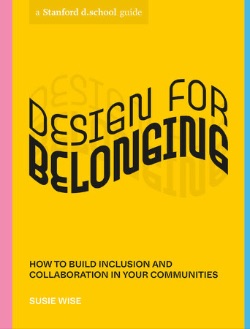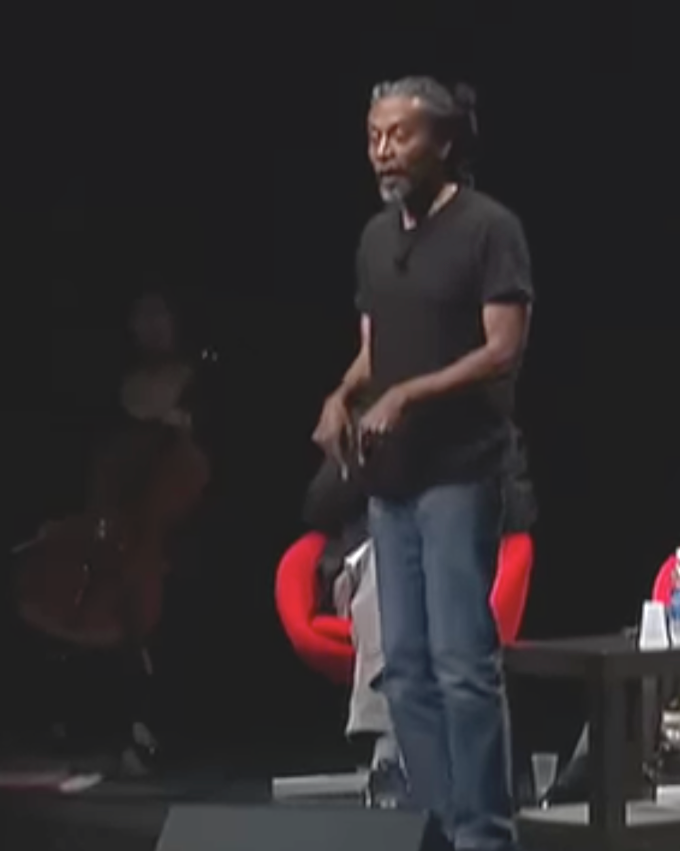November 7, 2025
Learning
Luck as an ecology, a system that can be cultivated, hacked, and designed for.

The folks at Alice in Futureland challenge the myth that hard work and talent alone determine success. Instead they say that our lives are rigged by randomness. But to admit this is dangerous, because doing so "topples the mythology of meritocracy, rattles the hierarchies of power, and exposes the thin scaffolding between billionaires and the bankrupt."
They point to research that proves that sociology, psychology, and biology all show that chance events often outweigh merit or effort in determining outcomes.
This is fun thinking. Recognizing luck is both humbling and liberating—it is egalitarian and it fosters empathy, resilience, and openness to new possibilities.
"Luck isn’t an aberration. It’s the hidden operating system of progress."
"Folklore suspected it; neuroscience now confirms it: you can’t command luck, but you can hack the odds. Research shows that “lucky” people aren’t simply favored by fate—they stay open to opportunities, take risks, trust intuition, and reframe setbacks as stepping stones. A Stanford study on opportunity and innovation found that individuals who engage in exploratory thinking—who remain open to new experiences, connections, and ideas—are significantly more likely to stumble upon career-defining moments and breakthrough business opportunities."
"The future belongs not to the planners, but to the cultivators of luck.
The future will not be controlled.
The future will be hacked by chance."
ARTICLE: Luck Hacking




